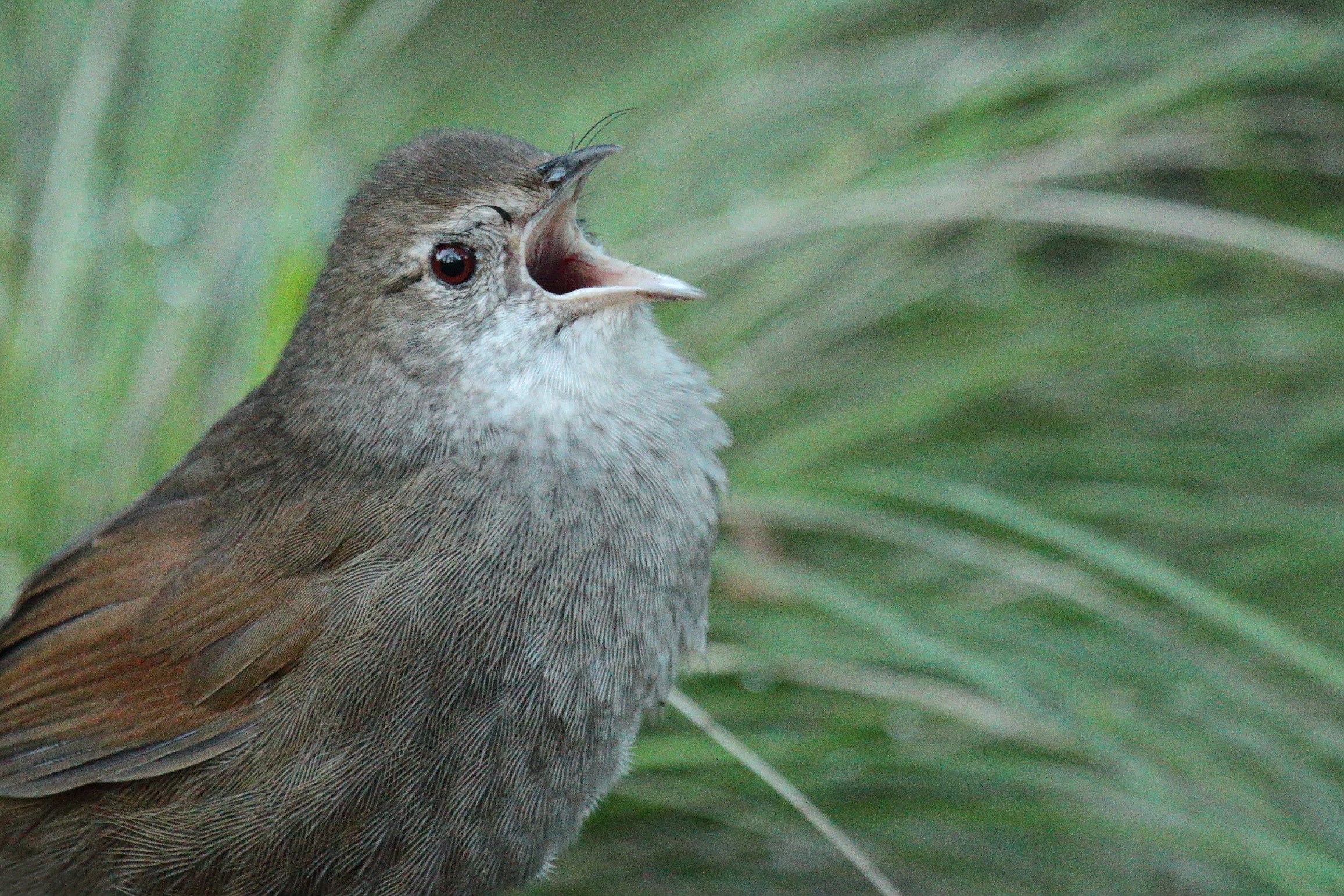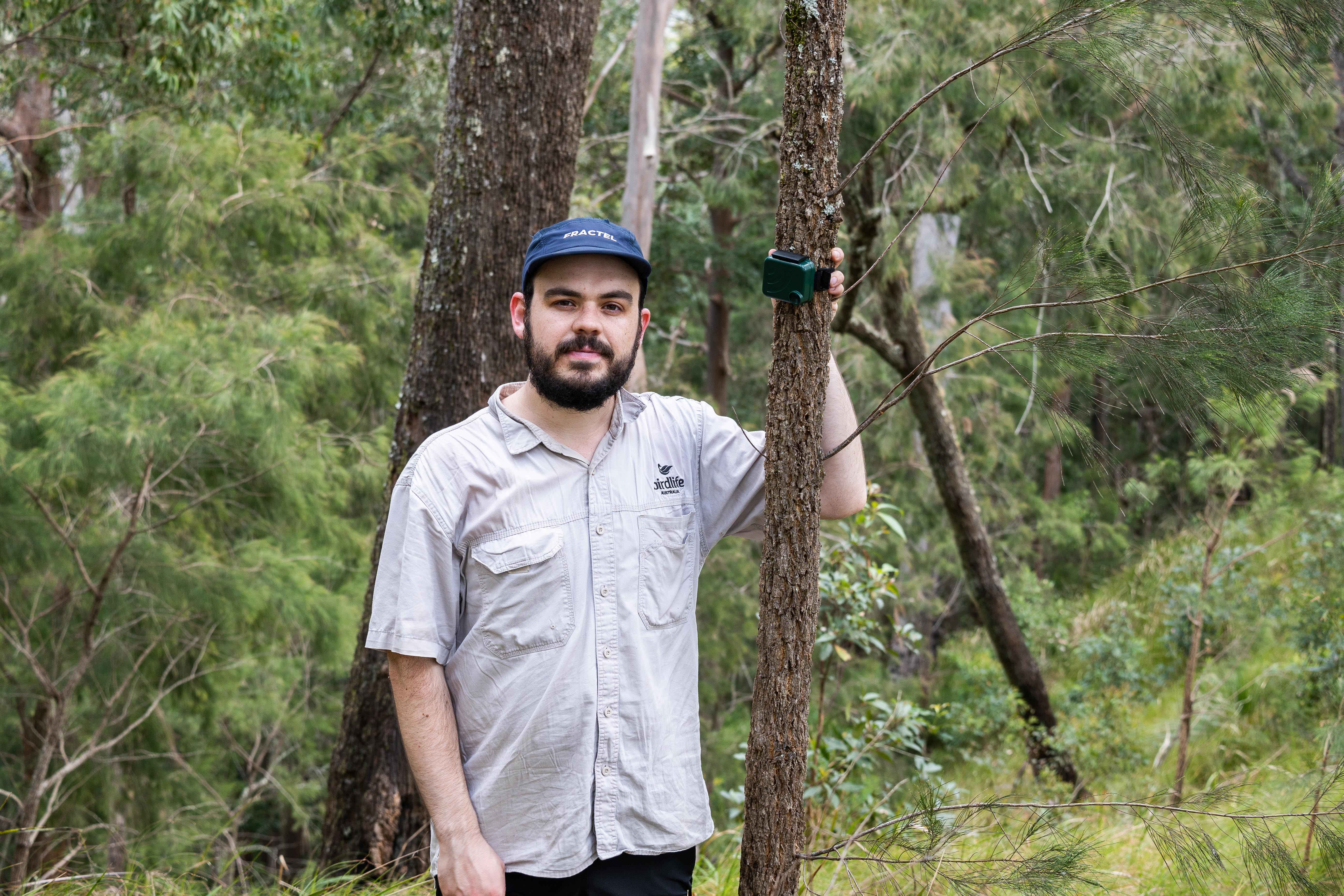The song of the endangered Eastern Bristlebird, a species not seen or heard in South East Queensland for three years, has been captured by acoustic monitors and identified with the aid of artificial intelligence developed by QUT researchers.
Birdlife Australia, working with environmental organisation Healthy Land and Water and supported through funding from the Australian Government, have been deploying acoustic recorders searching for the species in South-East Queensland. Sound collected is analysed for the presence of Eastern Bristlebird calls in a partnership between QUT and the Queensland Department of Environment and Science.
Associate Professor Susan Fuller from QUT's Centre for the Environment said the recordings were screened with an AI model developed by Dr Lance De Vine from QUT's School of Computer Science. 350 Eastern Bristlebird calls were detected in July and August of this year, on five separate recorders. This is the first time the species has been found in Queensland since the Black Summer bushfires three years ago.

"Passive acoustic monitoring is revolutionising how we survey soniferous biodiversity (animals that produce sound). It is non-invasive, verifiable, and provides a permanent record of the environment," said Professor Fuller.
"We can record continuously which means we have more chance of detecting cryptic and low density or threatened species like the Eastern Bristlebird. Now we have developed software tools to rapidly scan the big data generated from continuous passive recordings and hone in on a particular species."
Callan Alexander, a research assistant at QUT, said that passive acoustic recorders allowed researchers to monitor a single location for months at a time. However, they collected so many hours of recordings that listening to them all is almost impossible.
"We need solutions to go through the data quickly, searching for the species that we are interested in. This is where artificial intelligence comes in," Callan said.







